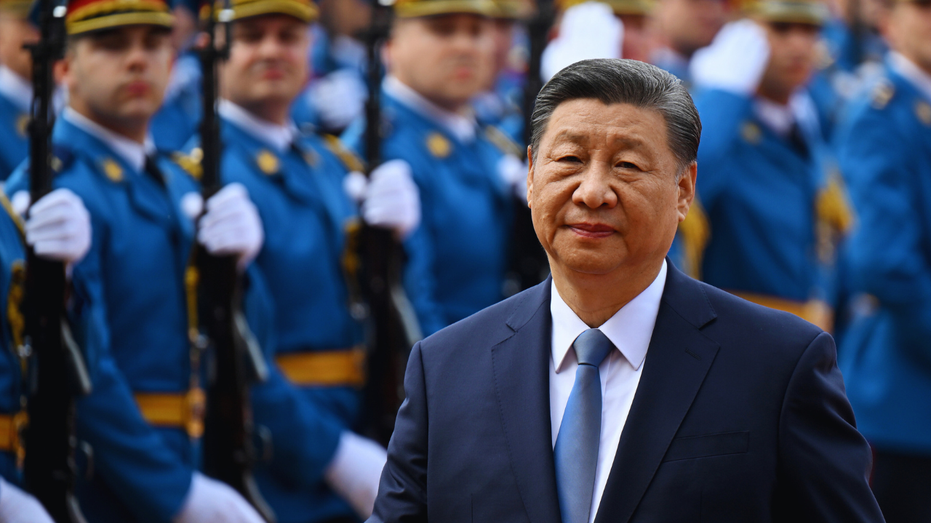CHINA'S SHADOW WAR: They're Pulling the Strings!

The economic battle between the United States and China has subtly transformed. It’s no longer simply about tariffs, but a complex game of leverage, and Beijing is quietly dictating the pace. While Washington projects strength, China is meticulously adjusting its controls over exports, vital minerals, and the intricate web of global supply chains. This shift leaves the U.S. responding to China’s moves, rather than proactively shaping the economic landscape. The dynamic will undoubtedly loom large as President Trump and President Xi Jinping prepare for their first face-to-face meeting since Trump’s return to office, scheduled during the Asia-Pacific Economic Cooperation Summit in Busan, South Korea. For Trump, this meeting isn’t merely diplomatic protocol; it’s a crucial platform to showcase his economic vision. He’s built his political resurgence on the promise of restoring American economic dominance, particularly in global trade and cutting-edge technologies. His administration has aggressively challenged existing trade agreements with both allies and adversaries, utilizing tariffs as both a tool and a warning. However, China possesses a wider range of economic tools at its disposal. Experts suggest Beijing can deploy these measures more readily and effectively than the U.S., exploiting existing American industrial dependencies. This isn’t simply retaliation, but a long-term strategy by Xi Jinping to reduce reliance on the United States and cultivate self-sufficiency in critical technologies. The path to American independence is proving difficult and painful. Decoupling from China requires significant restructuring and carries inherent economic costs. Yet, some analysts believe the perception of China’s growing dominance is overstated. Despite Beijing’s confidence, fundamental imbalances exist within the Chinese economy. Its heavy reliance on manufacturing, coupled with insufficient domestic consumption, creates vulnerabilities. A growing unease surrounding China’s substantial share of global trade is also emerging worldwide. Both leaders are likely seeking a temporary cooling of tensions. A limited agreement may be reached, but the terms will likely favor China, which believes it holds the stronger position. Beijing is unlikely to offer substantial concessions without securing significant gains in return, confident in its ability to withstand economic pressure longer than the U.S. A key to strengthening America’s position lies in forging deeper partnerships, particularly within Asia. A united front against unfair trade practices and aggressive actions would be far more effective than confronting China and its allies simultaneously. Regaining control of the diplomatic narrative is equally vital. The U.S. needs to proactively define the relationship with China, rather than simply reacting to its actions. There’s a growing concern that the original economic issues that sparked the trade war have been lost in the escalating conflict.
Share this article
Related Articles
Trending Now
Article Info
Category
Politics
Published
Oct 29, 2025
Last Updated
5 hours ago




